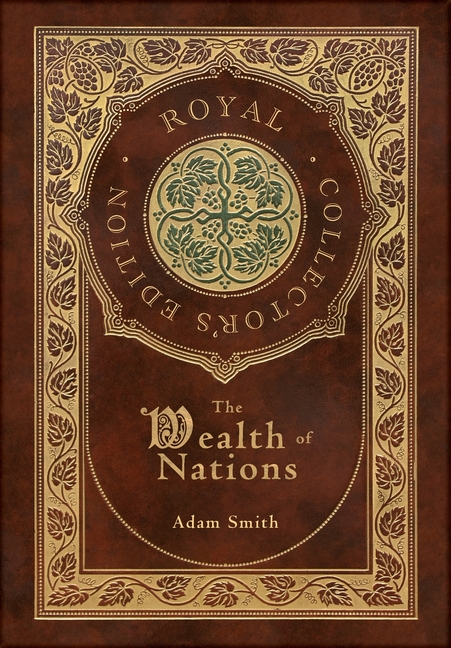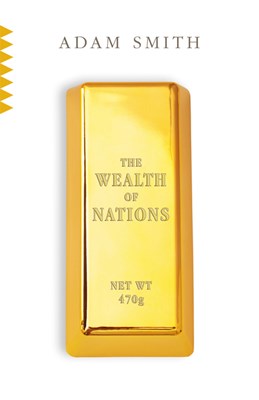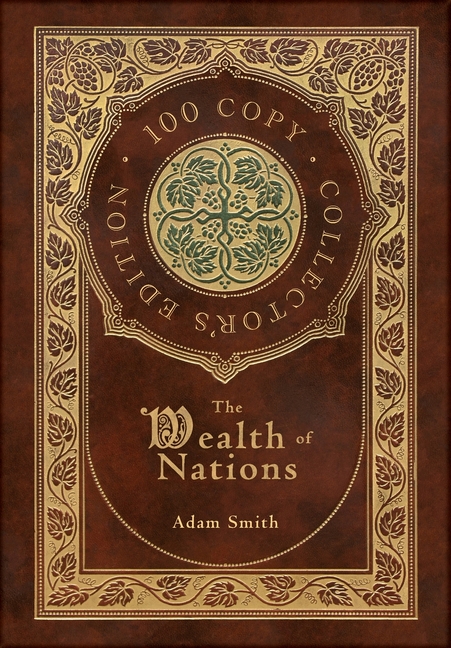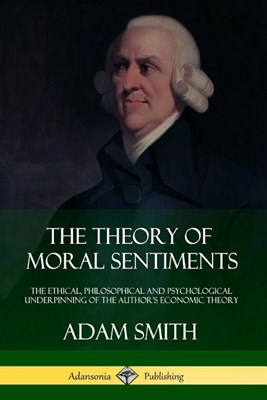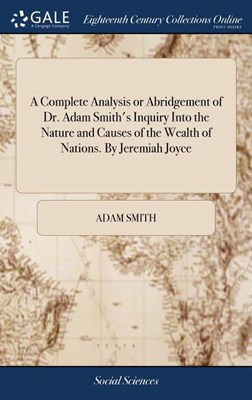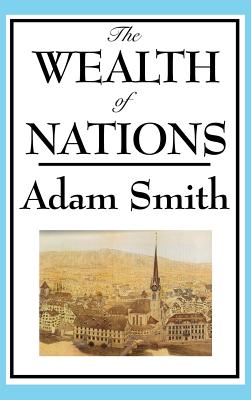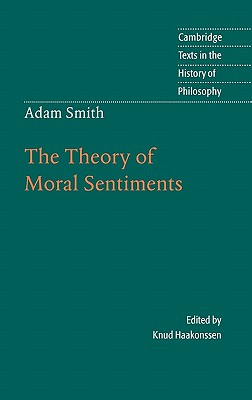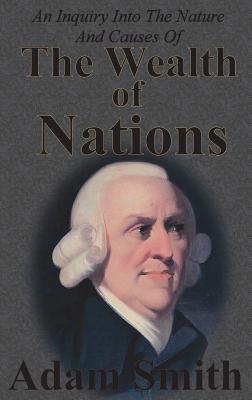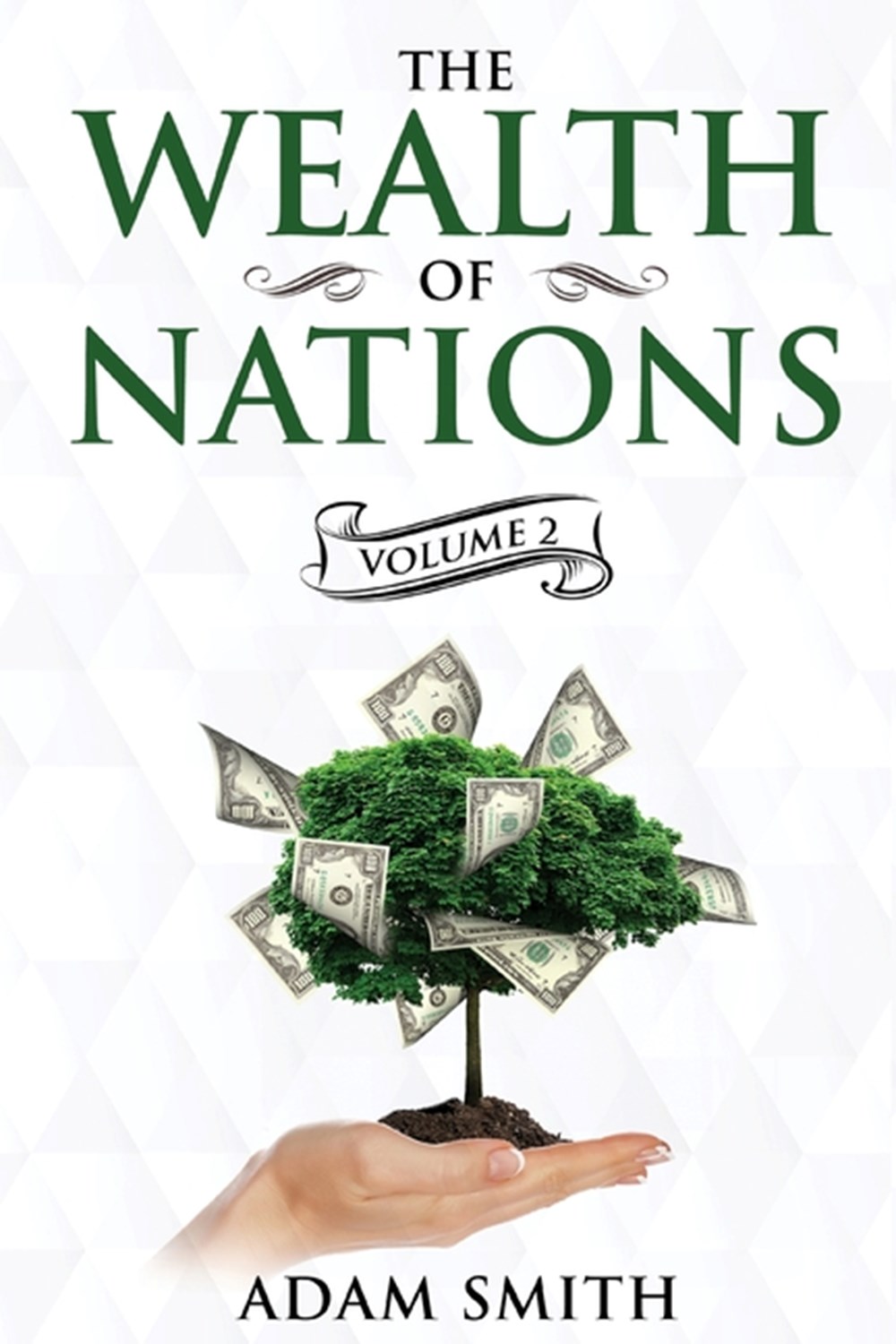
The Wealth of Nations Volume 2 (Books 4-5): Annotated
| Quantity | Price | Discount |
|---|---|---|
| List Price | $14.95 |
$14.95
Book Information
| Publisher: | Cedar Lake Classics |
|---|---|
| Publish Date: | 08/27/2020 |
| Pages: | 490 |
| ISBN-13: | 9781611040470 |
| ISBN-10: | 1611040477 |
| Language: | English |
Full Description
Considered the most celebrated classic on Economics ever written, The Wealth of Nations was penned by the preeminent scholar of the eighteenth century - the great Adam Smith. First published during the Scottish Enlightenment in 1776, The Wealth of Nations has changed the way the world looks at economics. Many scholars have been heavily influenced by this classic, as well as organizations and governments. Alexander Hamilton was influenced by Smith's masterpiece when he countered with his Report on Manufacturers.
Some of the other authors that were affected by The Wealth of Nations include Ludwig von Mises, Alexsandr Pushkin, Thomas Malthus, and David Ricardo. Now widely studied in college classrooms around the world, the themes first promoted by The Wealth of Nations have remained timeless and crucial to the study to the study of economics. Smith's theory that a nation's wealth is generated by its gross national product still holds today. His classic helped influence governments to focus on real economic growth instead of building up their stores of silver and gold. This is Volume 2 of a 2-volume set.


